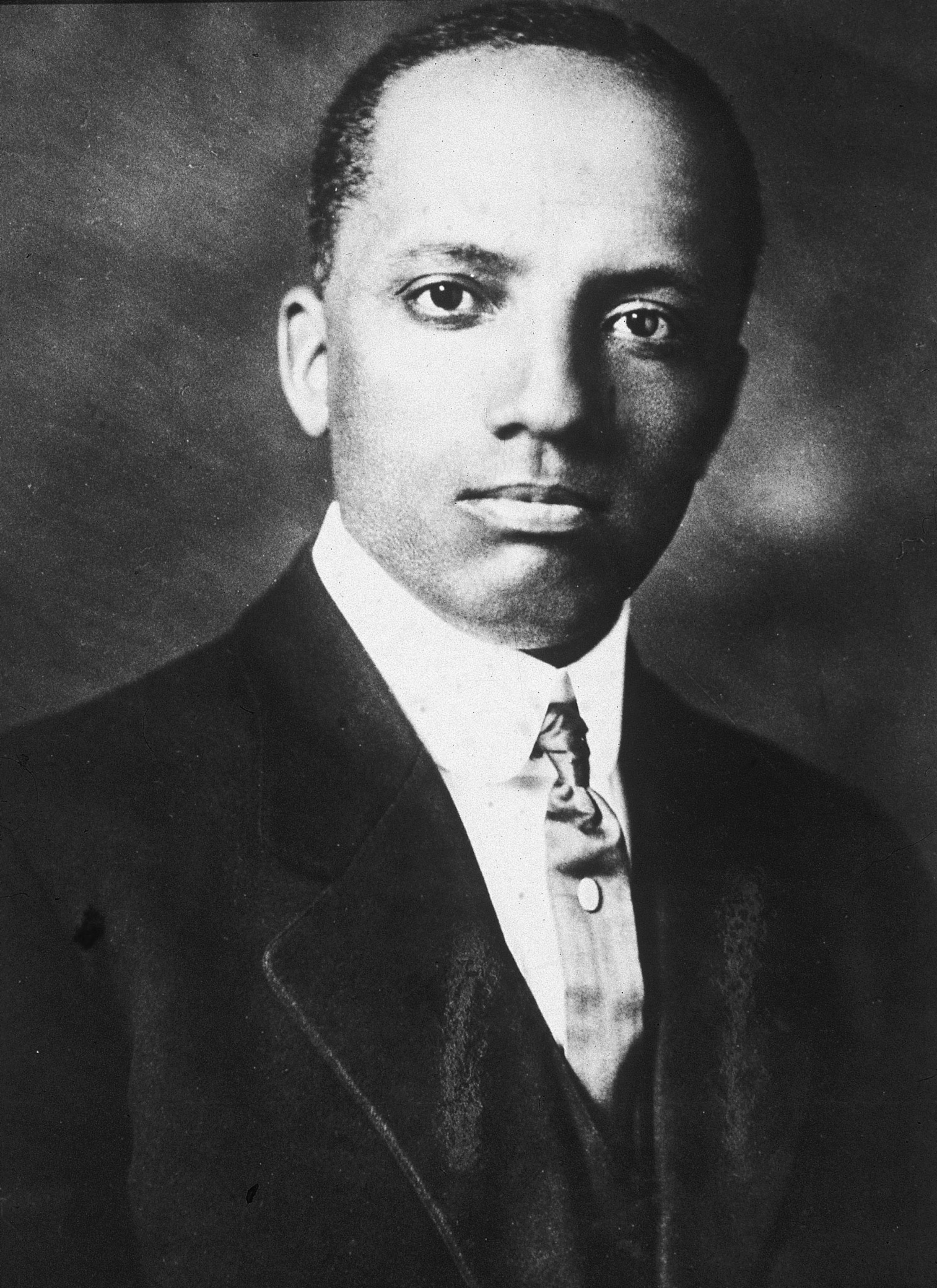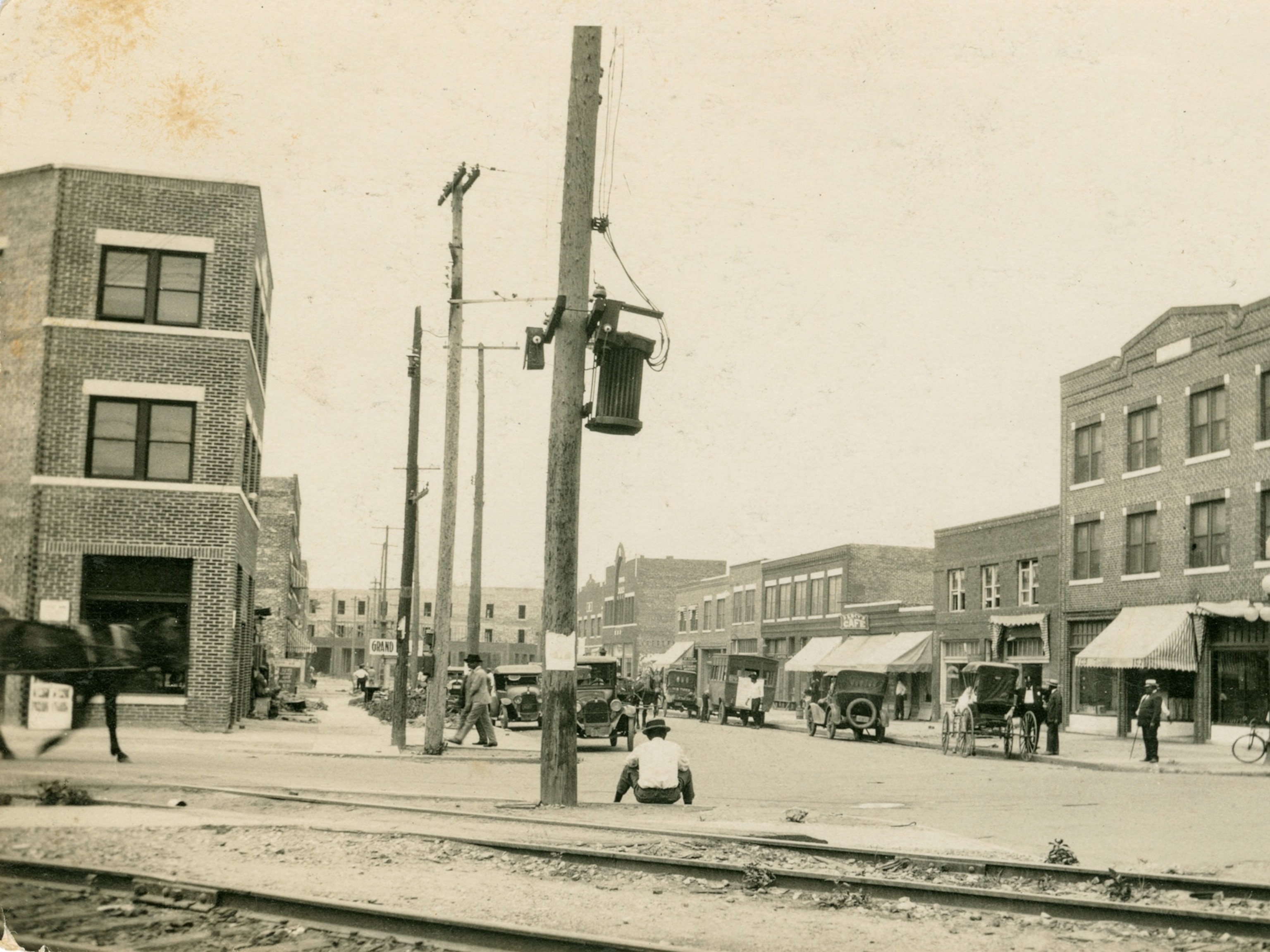
How the U.S. began celebrating Black History Month
In the early 1900s, historian Carter G. Woodson led the fight for a holiday that would promote Black achievements—and counter racist stereotypes.
In the early 20th century, historian Carter G. Woodson chafed at the world’s silence on Black achievement. In a racist society that mischaracterized Black people and overlooked their contributions, he worked tirelessly to tell the world about their rich history. Woodson wanted the world to know about the complexity of the historical lives of people of African descent.
He had plenty of material to choose from. Africans contributed to animal domestication as early as the 5th millennia B.C., developing complex societies in sometimes harsh conditions. Enslaved Africans fueled the global textile trade and managed to resist their oppressors in the process.
And despite rampant racism and discriminatory laws, Black Americans made critical contributions in the United States, from the military service of Crispus Attucks in the Revolutionary War to revolutionary innovations in transportation, farming, fashion, food, and daily life.
By celebrating those accomplishments, Woodson created a historical legacy of his own: He is the reason the U.S. celebrates Black History Month each February.
The founder of Black History Month
The son of formerly enslaved parents who could not read, Woodson had struggled to obtain an education. Born in Virginia, he labored on a family farm and in West Virginia coal mines throughout his youth and only received sporadic schooling. Though it took him until his twenties to attend high school, he went on to study abroad and earn a doctorate in history from Harvard University.

Over time, Woodson became convinced that the world needed a better understanding of Black people’s contributions to society to counter racist misperceptions about their abilities and aspirations. “The Negro has not been educated,” he wrote. “He has merely been informed about other things which he is not permitted to do.”
In 1915, as the nation celebrated the 50th anniversary of the emancipation of enslaved people at the end of the Civil War, Woodson took action. He founded an organization—now known as the Association for the Study of African American Life and History (ASALH)—aimed to spread knowledge of Black history.
(Why Juneteenth marks the real emancipation of slavery in the U.S.)
Operating with scant funds and little support, Woodson and his colleagues created a first-of-its-kind display about Black history and accomplishments at the 1915 Exposition of Negro Progress, an event in Chicago designed to celebrate the anniversary of the slavery’s abolition. They also launched the first academic journal on the subject, now known as The Journal of African American History.
“Woodson overwhelmed his audiences with a wealth of information in his speeches,
starting with African history and working his way through all of African-American history,” writes biographer Jacqueline Goggin. “He frequently electrified them with his oratorical skills.”


The first Black history celebrations in the United States
Woodson continually looked for other ways to spread the word about Black history and accomplishments. In 1920, he encouraged his Omega Psi Phi fraternity brothers to begin observing a week that celebrated Black literature and history.
In 1926, he took over the celebration of what he called “Negro History Week” and began observing it every February to coincide with the birthdays of abolitionist Frederick Douglass and President Abraham Lincoln. During the week, educators put on pageants acting out critical moments in Black history, and Black newspapers published history-related articles. The week wasn’t just devoted to historical accomplishments, notes historian Jeffrey Aaron Snyder: It also celebrated current Black artistry in music, literature, and art.
(Meet history-making Black scientists and inventors.)

For Woodson, disseminating information about Black history served the dual purposes of building up a sense of Black pride and countering racist arguments about the supposed inferiority of Black achievements.
“To justify the injustice done the Negro,” Woodson wrote in 1945, “individuals… resort to malicious falsehood in saying that the Negro is an inferior race which has never developed a civilization….During Negro History Week attention is invited to the Negro in all parts of the world showing that even when in bondage the record made is not to be despised.”
Why Black History Month is in February
Woodson died in 1950, but the history education he had fought so hard to ensure continued to be spread on a grassroots level, fueling the civil rights movement.
As resistance mounted to Jim Crow laws and segregation in the 1960s, Black history became a critical part of the curricula used at Freedom Schools, free alternative schools designed to counter the shoddy education available through the South’s separate-but-unequal school systems and teach Black Southerners about their civil rights.
Meanwhile, the Black history week that Woodson had founded continued to gain popularity. In 1975, President Gerald Ford acknowledged it in an official message honoring the week, calling it “most appropriate” to set aside a week to recognize Black contributions to American life and culture.
(See Black America’s story, told like never before.)
The following year, the ASALH expanded Black History Week to the entire month of February in recognition of the nation’s bicentennial. The monthlong celebration continued each year until 1986, when Congress passed a law officially designating February as National Black (Afro-American) History Month.
Starting in 1996, presidents began issuing annual proclamations about the month, and since then it has been regularly celebrated around the nation—all thanks to a devoted historian who refused to turn a blind eye to Black excellence.







